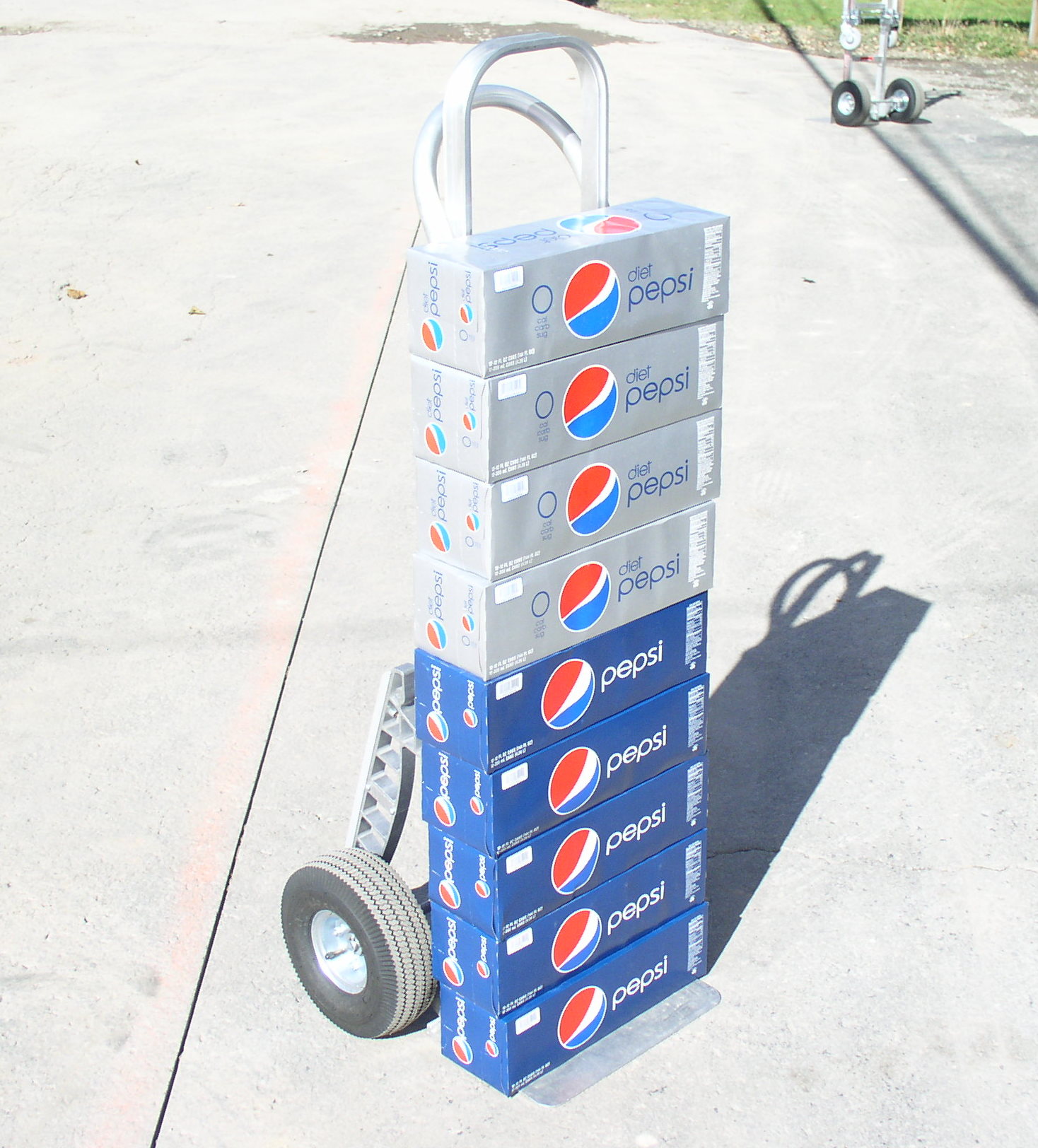
Americans Becoming Wary of Aspartame Side Effects
The artificial sweetener aspartame is used in more than 6,000 products worldwide, including Diet Coke products. It used to be part of Diet Pepsi, too, until the company swapped out it out for another artificial sweetener (a Splenda blend) in response to consumer demand.
Senior vice president of Pepsi's flavors unit, Seth Kaufman, noted, "Diet cola drinkers in the U.S. told us they wanted aspartame-free Diet Pepsi." The move was an attempt by Pepsi to grab a corner of the market it currently misses — health-conscious consumers.
January 12, 2016 | Source: Mercola | by Dr. Mercola
The artificial sweetener aspartame is used in more than 6,000 products worldwide, including Diet Coke products. It used to be part of Diet Pepsi, too, until the company swapped out it out for another artificial sweetener (a Splenda blend) in response to consumer demand.
Senior vice president of Pepsi’s flavors unit, Seth Kaufman, noted, “Diet cola drinkers in the U.S. told us they wanted aspartame-free Diet Pepsi.”1 The move was an attempt by Pepsi to grab a corner of the market it currently misses — health-conscious consumers.
Is PepsiCo Embracing a New Healthier Side?
The move to take aspartame out of Diet Pepsi is only one of Pepsi’s recent “healthy” moves. They also announced plans for several thousand “Hello Goodness” vending machines in 2016, which replace the standard soda, candy and chips with healthier options like hummus cups.
Also in the works for 2016 are an organic Gatorade formulation and, ironically, a non-GMO labeled line of Tropicana juices.
The latter is ironic because Pepsi spent nearly $10 million in lobbying efforts from 2013 to 2015 to defeat legislation calling for mandatory state and federal labeling of products containing GMO ingredients.2
In fact, only five organizations spent more to defeat the measures than Pepsi. Pepsi spent even more than Monsanto! As reported by The Motley Fool:3
“Pepsi, along with fellow beverage Goliath Coca-Cola, turns out to be one of the very highest spenders in persuading the government to forego the labeling of GMO ingredients.
Introducing products that seek to tap into consumer demand for non-GMO ingredients, while actively attempting to thwart labeling policy with the brute force of millions of dollars, invites the criticism that Pepsi is greenwashing its image.
That is, the company may be cynically donning a guise of social consciousness while profiting from positions its target customers find abhorrent.
If you carry this reasoning further, the economic impact of a few thousand machines selling healthy snack and beverage items to Pepsi is infinitesimal in comparison to the billions the company reaps from sodas and snacks like Doritos, which are often popularly labeled as junk food.”
